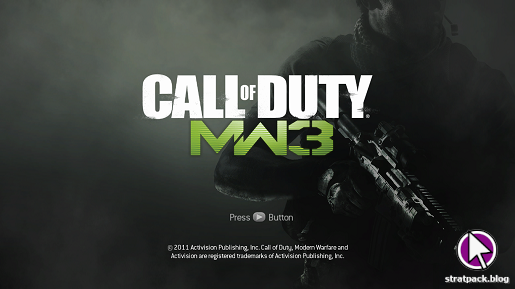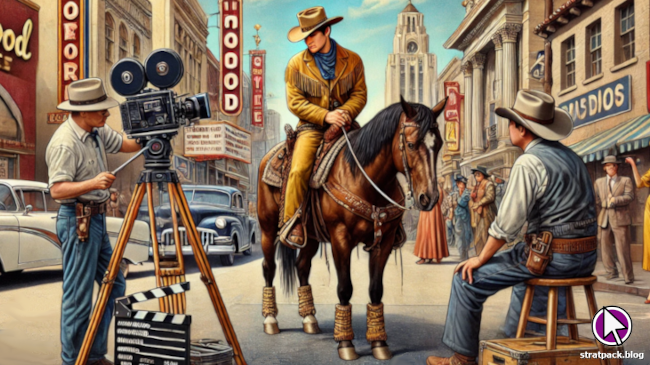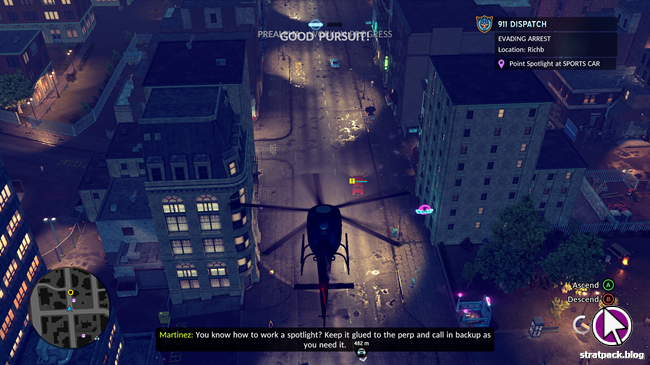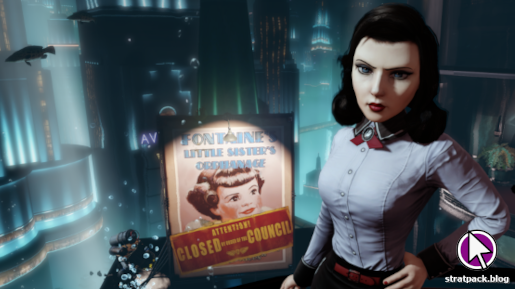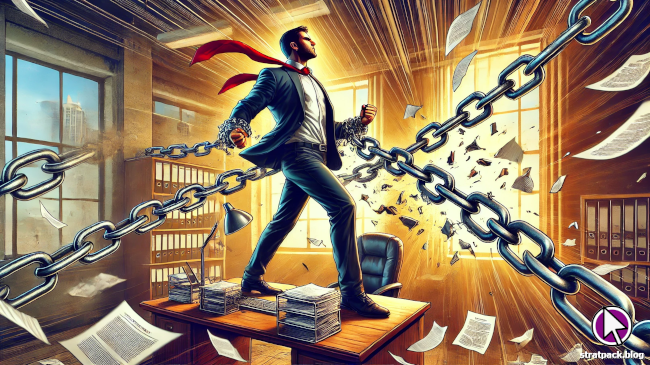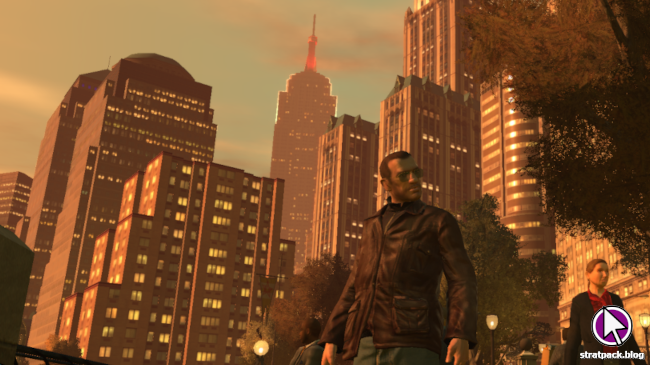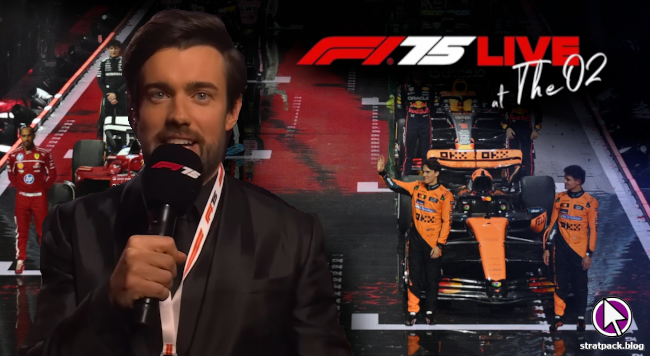
The Dark Knight Rises review - a warning to edgy teen communists
The Dark Knight’s War on Terror analogy ended with Harvey Dent, representing the US, being effectively absolved of his crimes to preserve his image - but in real life, the opposite happened. The disappearing evidence of Iraq’s “weapons of mass destruction”, subsequent terror attacks, and the threat of ISIS all damaged trust in Western governments, and it has never recovered to 20th century levels.
The Great Recession of 2008, triggered by risky trades that built a housing bubble primed to burst, further eroded citizens’ faith in institutions. The effects were widespread, and further resentment grew as banks were bailed out with taxpayers’ money - culminating in the Occupy movement, which was most prominent in New York, but nonetheless showed a presence around the world.
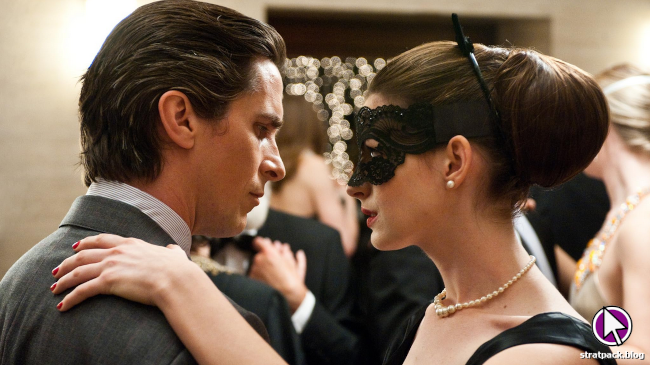
In many cases, dissatisfaction with concrete injustices has now compounded into a general apathy towards Western civilisation itself, and it’s rare to go a day on Twitter without seeing some edgy teen posting an ill-judged call for a communist revolution. Why do I bring this up in a review of a Batman movie? Because in the world of The Dark Knight Rises, Catwoman is that edgy teen.
Careful what you wish for
It’s been eight years since Harvey Dent died. The lie is instact and he’s held up as a symbol of justice, complete with his own public holiday in Gotham. Meanwhile, a weakened Bruce Wayne is holed up in a wing of his mansion, walking with a stick. Then something grabs his attention - a dextrous maid who steals from his safe, although he quickly realises she’s more interested in his fingerprints.
Wayne catches up with Selina Kyle (later revealed to be Catwoman, as though that wasn’t painfully obvious from the start) and takes back his mother’s pearls. Her retort is to lift his car keys during a kiss, but not before licking her lips at a coming “storm” that she thinks will put Gotham’s elite in their place.
“There’s a storm coming, Mr Wayne. You and your friends better batten down the hatches, because when it hits, you’re all gonna wonder how you ever thought you could live so large and leave so little for the rest of us.” - Selina Kyle
But The Dark Knight Rises isn’t a revolutionary fantasy - it’s a warning. Once the city’s institutions are overthrown, Kyle clearly has regrets. “This was someone’s home,” she says wistfully, staring at a family photograph on a counter as her friends party around her. She’s the radical teen who realises the revolution she called for isn’t what she dreamt of, and ends up helping Batman to end it all.
Power to the people
Our main villian for the film - and the one who paid Kyle for Wayne’s fingerprints - is Bane. Oddly, he’s the only baddie in Christopher Nolan’s trilogy who seems superhuman. Scarecrow used drugs, the Joker was a terrorist, but Bane seems to have incredible strength, and at one point punches chunks out of a concrete column without showing any sign of pain. He also has a ridiculous voice, both in terms of tone and inflection, which makes him hard to take seriously.
His first big move in Gotham is a siege at the stock exchange, which is surely a symptom of anti-banker sentiment during the film’s development. He and his accomplices use Wayne’s fingerprints to execute trades to take control of Wayne Enteprises and gain access to its military technology - including a generator that can be converted into a de facto nuclear bomb. I found it hard to believe said transactions would be completed, given that they were so clearly fraudulent.
Bane’s goal is to escalate the violence and “return control of [the] city to the people”. He achieves this via another unbelievable scheme, whereby he lures what is apparently the entire Gotham police force except Gordon and Blake into the sewers and blows up the tunnels to trap them inside. From there, he executes what is essentially a full-on communist revolution, complete with a kangaroo court (chaired by Scarecrow), freed prisoners, and roaming gangs of enforcers.
“An army will be raised. The powerful will be ripped from their decadent nests and cast out into the cold world that we know and endure. Courts will be convened. Spoils will be enjoyed. Blood will be shed.” - Bane
The final sacrifice
Even in the face of Bane’s ridiculousness, one of the biggest letdowns of The Dark Knight Rises is its sheer lack of Batman. Wayne spends much of his time out of action, and behaves erratically when he returns. With Rachel dead and no motivation to clean up Gotham once and for all, put Batman behind him, and settle down, Alfred is worried the saga will only end with Wayne in a coffin. Confronted with this concern, Wayne’s response is to yell and kick him out.
Wayne is also far too careless about his identity with Catwoman, who instantly sells him out to Bane. From that point onwards, he’s in a remote prison watching the Gotham situation on TV. He does eventually escape, but even that is handled in a nonsensical way, with big, beefy Bruce Wayne struggling to make a jump that a literal child apparently successfully landed years ago.
On his return to Gotham, it is revealed that Miranda Tate - real name Talia al Ghul - is the real villain. She was the one who escaped the prison as a child - Ra’s al Ghul’s child, no less. She wants to finish her father’s work in destroying Gotham. Bane protected her in the prison, and was excommunicated from the League of Shadows because Ra’s al Ghul couldn’t accept his love of his daughter.
“Innocent is a strong word to throw around Gotham, Bruce. I honour my father by finishing his work. Vengeance against the man who killed him is simply a reward for my patience.” - Talia al Ghul
In the finale, with the bomb set to blow, Batman flies it out to sea. Just before he does, he hints at his true identity to Gordon, who gets the message. It’s one of the few moments in the film that really works like its predecessors - Batman’s doing heroic things, and there’s a relatable personal thread, as Gordon looked after Wayne after his parents’ murder and is full of gratitude for Batman’s service.
Presumably dying in the explosion, Batman becomes the icon he sought to be, complete with a statue. But Fox later finds that Wayne fixed the autopilot feature on his aerial vehicle, meaning he could have bailed before the blast. Continuing the renewed focus on personal narratives, in the last moments of the film, Alfred sees Wayne at a cafe with Selina. The two exchange a meme-worthy nod, and it’s heartwarming to know Wayne got a happy ending after all.
An imperfect finale
I’ll state it plainly: The Dark Knight Rises is the weakest of the trilogy. It benefits from Nolan’s style and the strong established characters, but there’s too much going on. It feels rushed, with a lot changes very quickly between short scenes. Additionally, much of the plot occurs on a macro scale, meaning the personal stories get lost amongst all the revolutionary montages and scene changes.
It almost feels as though the filmakers felt they needed to up the stakes for the finale, but struggled to do so within The Dark Knight’s very grounded universe. By opting for big ideas and city-wide struggles, they sacrificed much of the relatable plot. This is compounded by the absence of Batman, with Wayne a recluse, broke, or in prison for a majority of the film’s running time.
Coupled with the number of huge holes in characters’ motivations and plans, Rises is a little difficult to stomach after Batman Begins and The Dark Knight, which were both such stellar outings with extremely tight plots. However, I do appreciate the underlying themes and the film’s role as a 2012-era warning about the extreme “burn it all down” position held by so many in the modern day.
And whatever might be said about everything else - the strange, the nonsensical, and the missed opportunities - there’s no denying the gravity of that ending.
3/5




